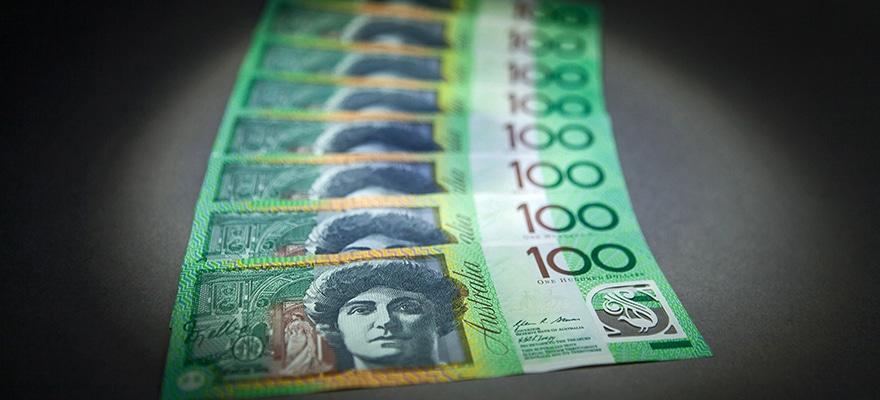The government of Australia joins the EU, Spain, France, Venezuela and other authorities examining ways to limit the public's access to cash transactions in order to prevent crime and tax avoidance. The most drastic recent step taken in what is often called the 'war on cash' was the unexpected demonetization of high-denomination rupee notes by Indian Prime Minister Narendra Modi.
To unlock the Asian market, register now to the iFX EXPO in Hong Kong.
According to media reports from Australia, the $100 AUD note might be cut after a report from UBS recommended the government to do so in order to increase tax revenue and reduce crime and welfare fraud.
Australian Revenue and Financial Services Minister, Kelly O’Dwyer, told ABC radio: "The whole point of this crackdown on the black economy is to make sure we close down any potential loopholes. There’s nothing wrong with cash per se, the issue is when people don’t declare it and when they don’t pay tax on it.”
This international push toward a cashless future can help the development of Blockchain -based currencies in two very different ways. First, people who wish to hold and use cash equivalent funds for privacy or any other reason can turn to Bitcoin and other Cryptocurrencies when paper notes will no longer be available. Second, central banks are developing their own blockchain-based systems to replace the current physical cash that will be taken out of circulation while giving them greater control.
India, Venezuela... next Australia?
Does anyone see a pattern emerging?https://t.co/Mz6Lir7cxy — Andreas (@aantonop) December 14, 2016
Cashless society is totalitarian society. Central database digital money puts everyone at the mercy of government, who can turn anyone off
— Andreas (@aantonop) December 14, 2016


















